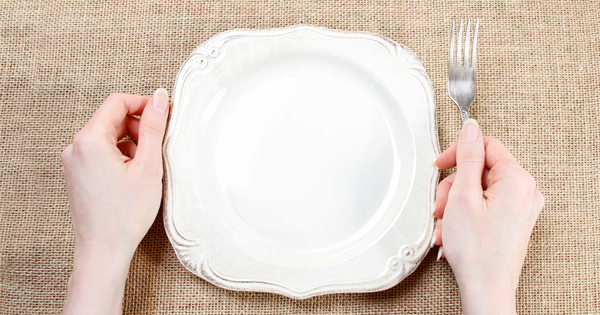Advertisement
Everyone works through lunch sometimes, or runs so late to work that they just skip breakfast, just this once. But what are you really doing when you skip a meal? Let’s look at what your body does.
You may lose weight—muscle weight. Skipping a meal means that your body goes into starvation mode, and starts burning off anything it can. But unfortunately, fat is one of the last things it’ll burn. You’re more likely to lose muscle weight than anything. Even worse, your body may work harder to retain the fat it does have, and you may feel more bloated.
Your cravings will skyrocket. If you’re skipping one meal, you’re obviously going to be hungrier for the next one. And if you shop for food or go out to get food when you’re extra hungry, you’re much more (about 31% more) likely to grab high-calorie, high-sugar options.
Advertisement
You’re less likely to want to work out. If you’re working out in the morning on an empty stomach, you’ll probably be fine. But if your workouts happen later in the day and you’ve skipped a meal, chances are the combination of low blood sugar and physical exertion will either knock you flat in the middle of your workout or make you less likely to go all together.
You may put yourself at risk for disease. One study found that routinely skipping breakfast can put you at up to a 20% increased risk of type 2 diabetes. Your body needs food at some point in the morning so it can regulate your cholesterol, insulin, and blood pressure. Waiting until later in the day to eat could make your body less capable of doing these things, and could increase your insulin resistance.
So is it really worth it to skip that meal? Chances are, probably not. Your body needs something to work with in order to keep you functioning. So instead of cutting it off from food, try feeding it the good stuff.




